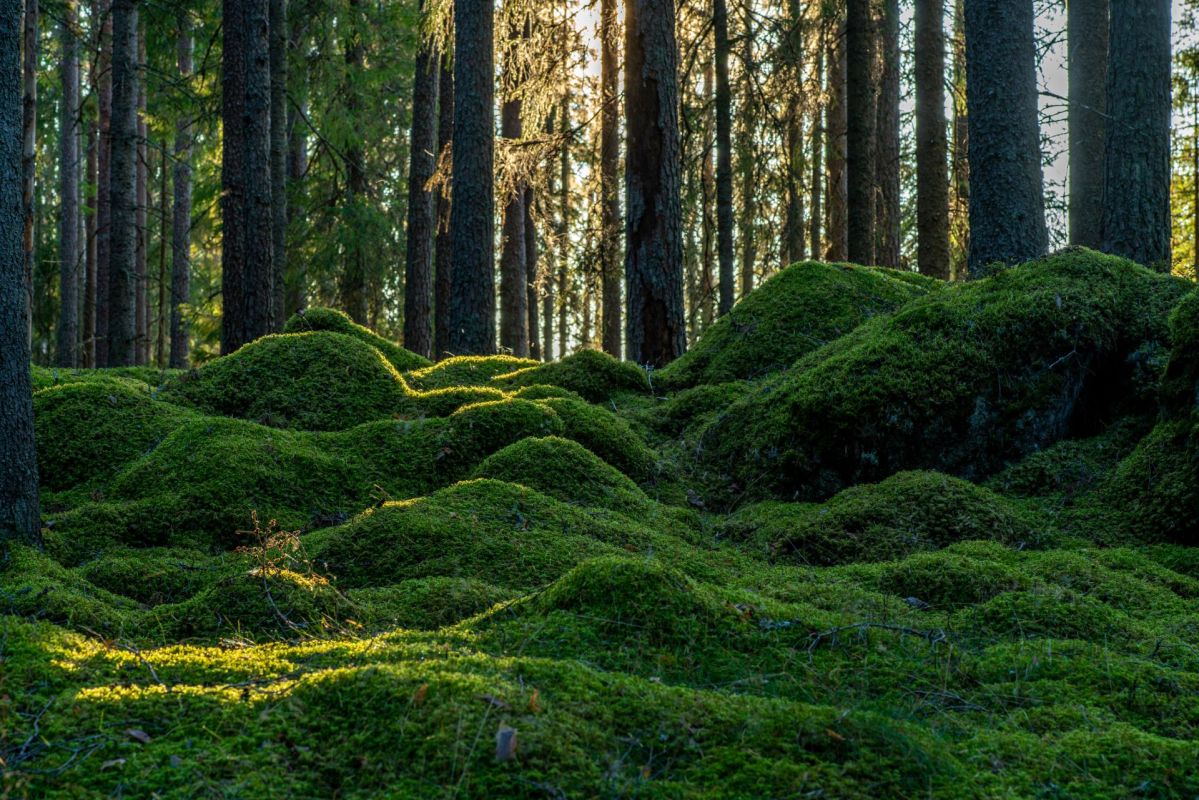Although it resembles more of a rug than a majestic plant, scientists are finally starting to recognize the ecological value and complexity of moss.
Ecologists and researchers examined mosses across eight different ecosystems, covering close to 9.4 million square kilometers — or 3.6 million square miles, almost the size of China or Canada.
"We were gobsmacked to find that mosses were doing all these amazing things," David Eldridge, a moss researcher and ecologist at Australia's University of New South Wales, told ScienceAlert.
The researchers found that mossy soils had greater cycling of essential nutrients like nitrogen and phosphorous and acted as a carbon sink by keeping 6.43 billion metric tons (about 7 billion tons) of planet-warming carbon dioxide out of the atmosphere.
"We think mosses are sucking up six times more carbon dioxide, so it's not one to one, it's six times better," Eldridge told ScienceAlert.
In their paper, researchers explained that moss also provides physical scaffolding to plants and maintains microclimates to help specific types of plants grow. Since moss does not have a xylem and phloem to transfer nutrients and water, the plant pulls what little water it needs from the atmosphere.
In a press release, Eldridge noted that one arid variety in Australia was stored in a packet for 100 years and squirted back to life with just a little bit of water.
"Their cells don't disintegrate like ordinary plants do," he said.
Eldridge added that the resilience of moss, as well as its role in promoting ecosystem health through nutrient availability, can be of particular use in areas with degraded soil or areas where vegetation struggles to grow, like the tundra or the desert.
This role is vital in not only natural environments but also ones that have been degraded by human activities.
"We are also keen to develop strategies to reintroduce mosses into degraded soils to speed up the regeneration process," Eldridge said in the press release. "Mosses may well provide the perfect vehicle to kick start the recovery of severely degraded urban and natural area soils."
Join our free newsletter for cool news and cool tips that make it easy to help yourself while helping the planet.









